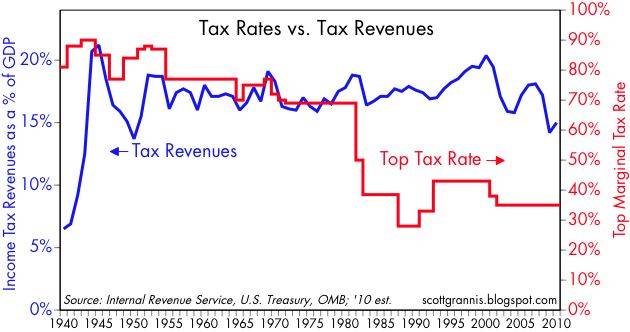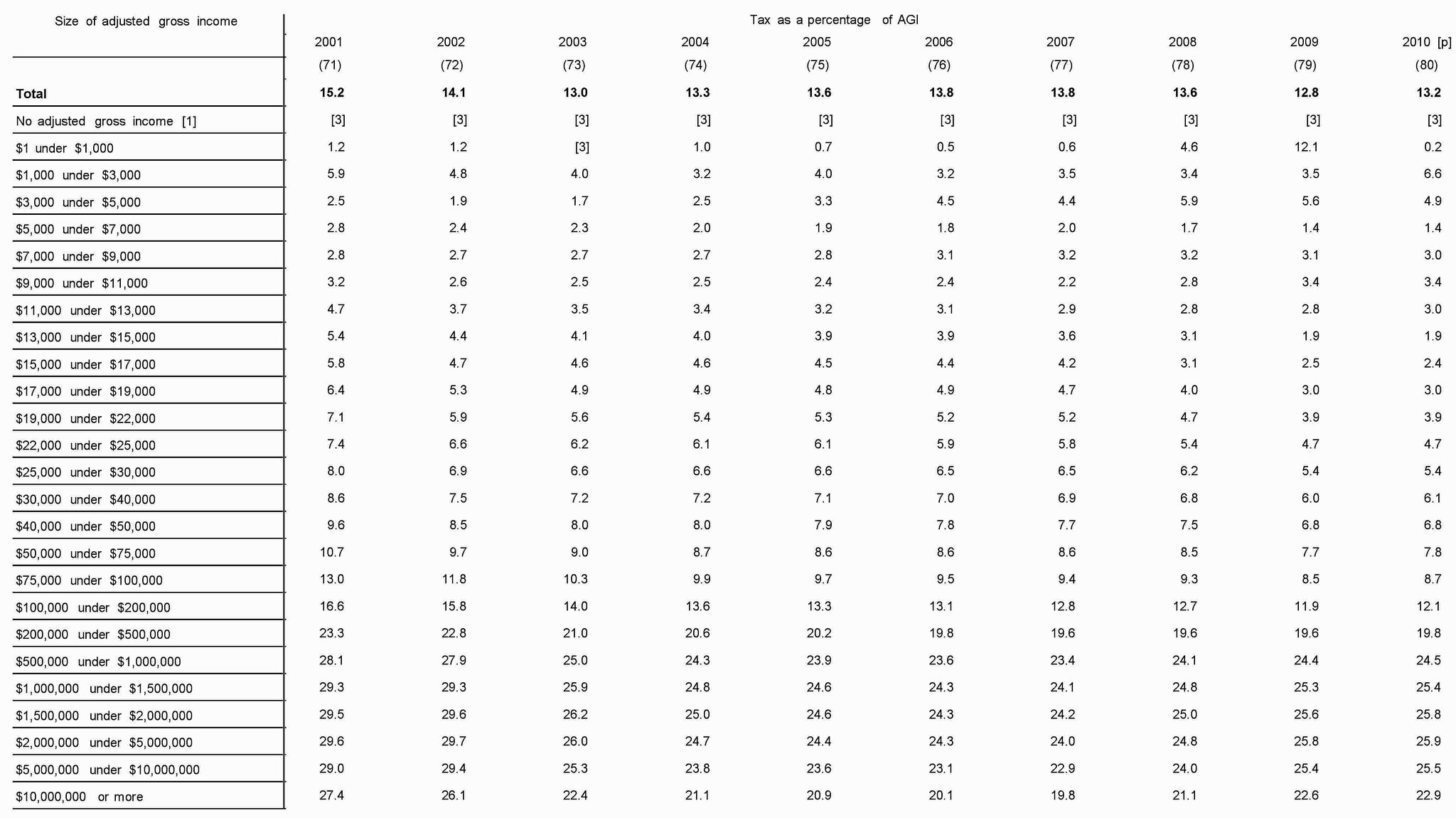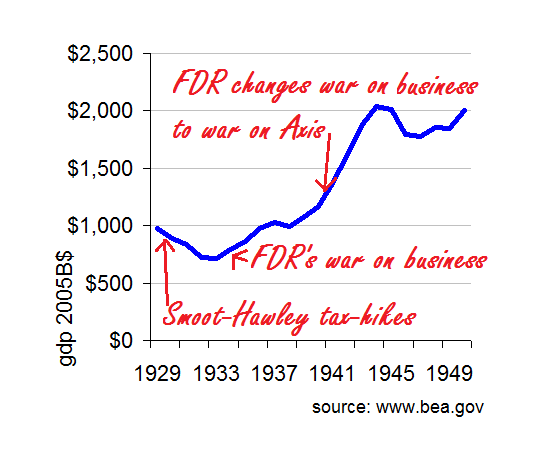Toro
Diamond Member
What would be a more exciting topic for you?
I've never thought of that before.
My thesis was a requirement for a class on the economic history of N America, which was necessary for an honours degree. So it had to be something in that field. I wrote it on the recommendation of my prof. If I were to do it again, I'd probably do it on something like the effect of slavery on the economic development of the South.
Last edited:




